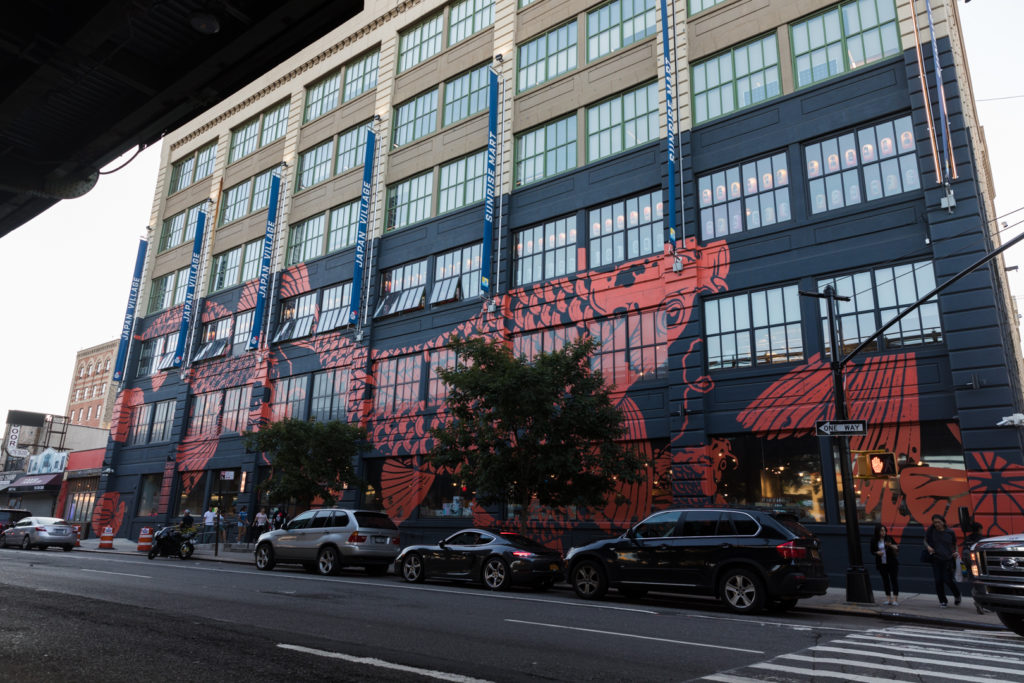Hearing on Industry City expansion ends early due to interruptions — again

Neighborhood leaders and residents shut down a hearing on Industry City’s proposed waterfront rezoning on Tuesday, after chanting from the audience interrupted speakers.
The hearing, hosted by Borough President Eric Adams, was the second public gathering on the expansion plan that ended prematurely due to interruptions.
“It is one thing to protest a proposed land use action. It’s another to protest your neighbor’s right to voice their opinion in a respectful manner,” said Jonah Allon of the Borough President’s Office. “It troubles us that the people who spoke during the public hearing were preventing others from speaking when it was their turn. After four warnings and multiple disruptions, the borough president decided to end the hearing.”

Brooklyn Boro
View MoreNew York City’s most populous borough, Brooklyn, is home to nearly 2.6 million residents. If Brooklyn were an independent city it would be the fourth largest city in the United States. While Brooklyn has become the epitome of ‘cool and hip’ in recent years, for those that were born here, raised families here and improved communities over the years, Brooklyn has never been ‘uncool’.